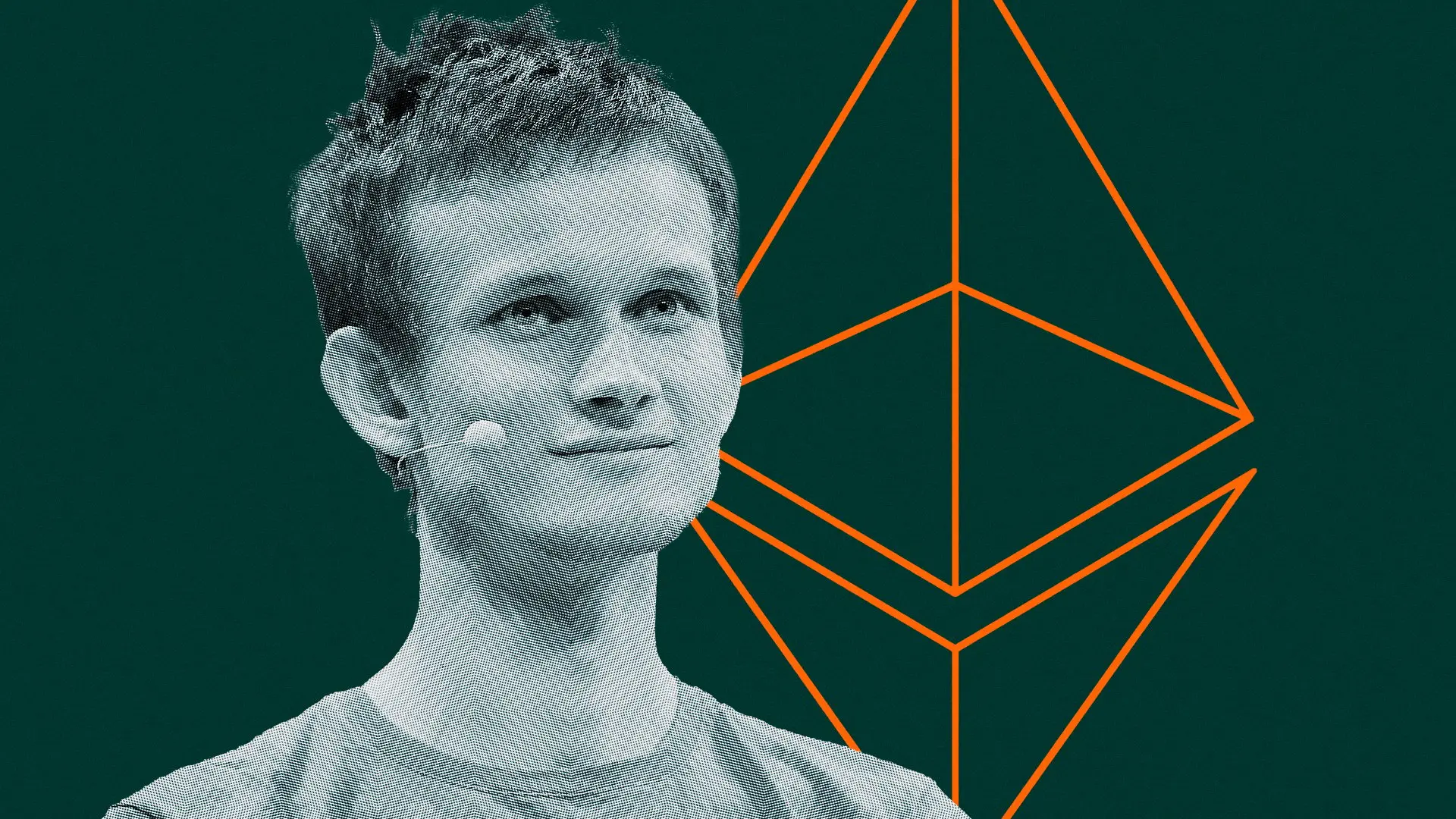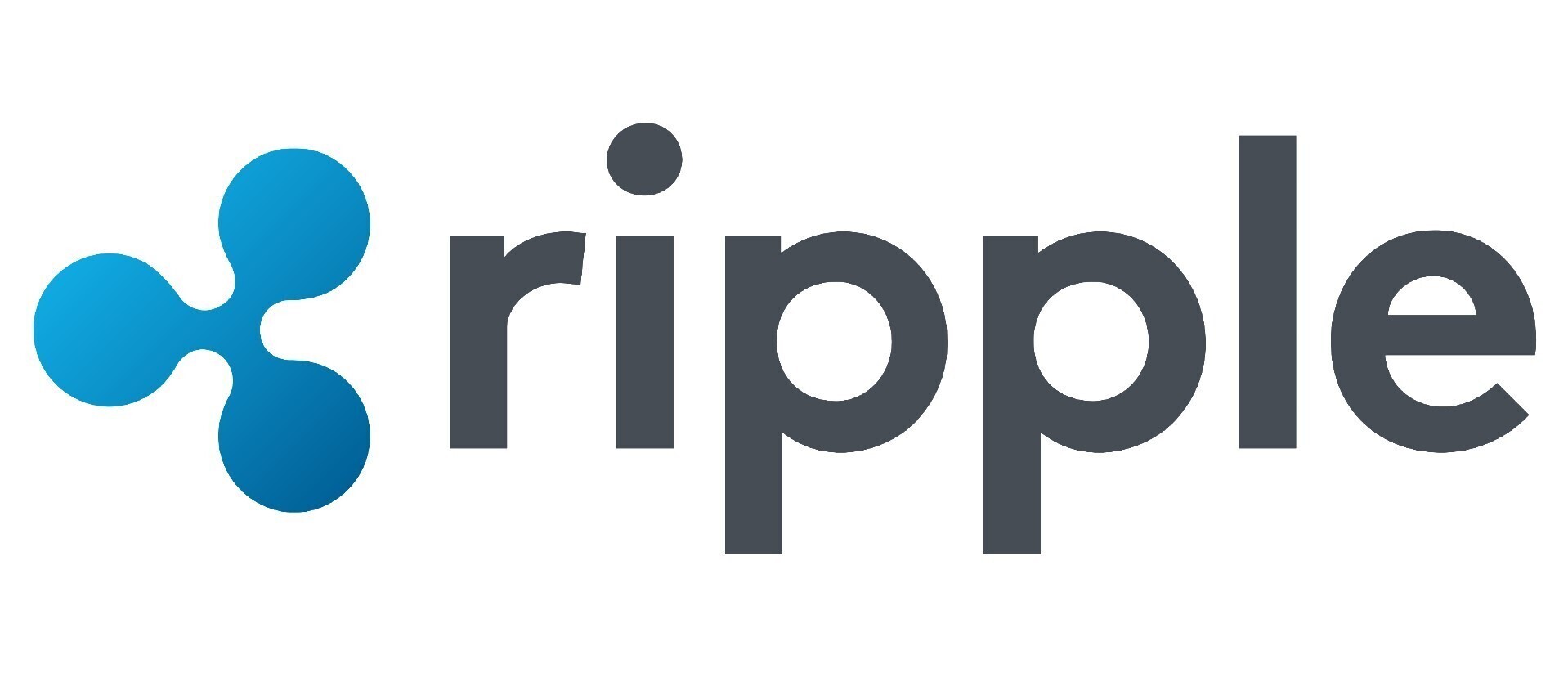Ethereum engineers introduced EIP-7732 to speed up the network and enhance block validation
The proposal separates the process into consensus and execution to enhance the security and efficacy of the blockchain by introducing substantial changes to block validation.
EIP-7732 responds to the increasing demand for efficacy on the Ethereum blockchain. It is in line with the initiative of Ethereum co-founder Vitalik Buterin to expedite transaction confirmation times.

Details of the technical proposal
The Enshrined Proposer-Builder Separation (EPBS) is the fundamental component of EIP-7732. This procedure involves dividing block creation into the consensus proposer and the execution proposer.
The execution proposer is chosen by the consensus proposer, who subsequently commits to generating a valid block that includes critical information, such as a payment or block hash, for the proposer.
The execution proposer is guaranteed to submit the pledged block on time by a group of validators, identified as the Payload Timeliness Committee (PTC).
The significance of the matter
The objective of the EIP-7732 is to enhance the efficacy and speed of the network by separating the consensus and execution layers, thereby reducing the computational burden on validators.
The Ethereum blockchain necessitates validators to execute the consensus and execution roles within a brief timeframe, which may result in process inefficiencies and delays.
EPBS would allow validators to concentrate on validating consensus promptly and postpone execution validation until later, all while maintaining network security and performance.
The solution also suggests a trust-free exchange between proposers and builders, which ensures the inclusion of valid blocks and payment while eliminating the necessity for middleware.
Vitali’s advocacy for Ethereum’s acceleration
According to a post by Buterin on June 30, “Fast transaction confirmation times are one of the critical characteristics of a positive blockchain user experience.”
Ethereum’s transaction confirmation time has been reduced to five to 20 seconds due to the transaction fee overhaul implemented in EIP-1559 and the consistent block durations observed since the Merge.
Despite being comparable to credit card transactions, specific applications necessitate substantially faster speeds, a far cry from the current 12-second Gasper consensus mechanism.
EIP-7732 is currently under discussion, and its proposed modifications have the potential to result in increased transaction velocities. However, this could come at the expense of another hard fork, including backward-incompatible modifications.



